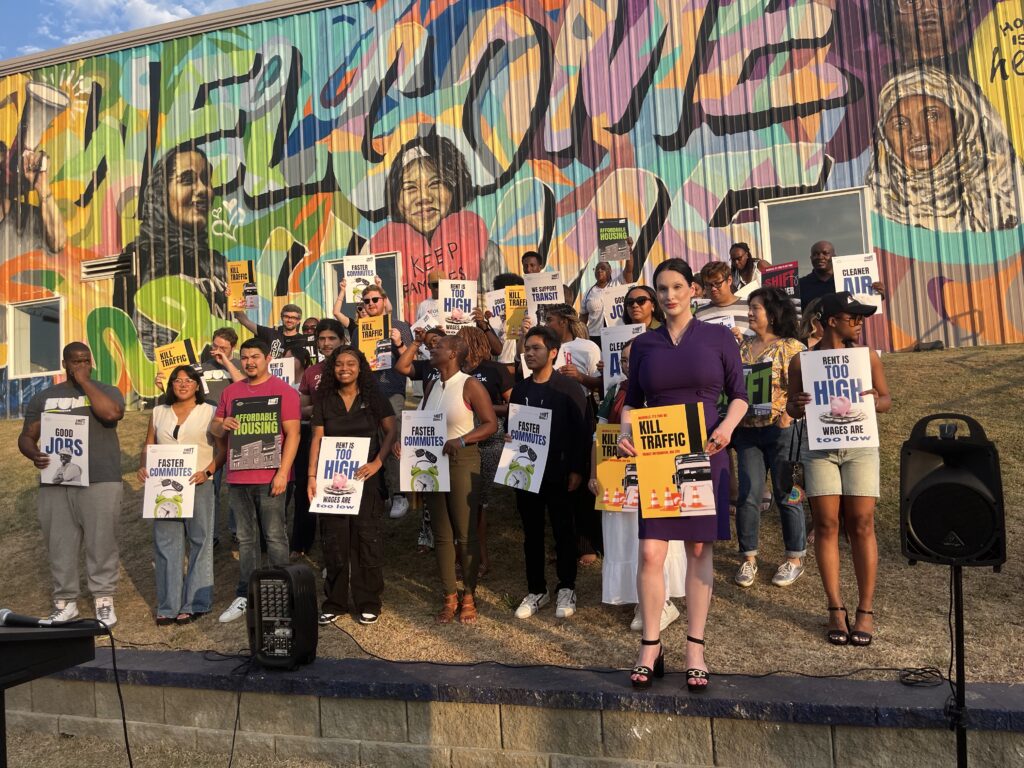
Just over a month after Nashville voters approved a new tax to fund transit, Metro is taking the first steps toward executing those upgrades.
The tax — a half-cent sales tax increase — is expected to hit shoppers’ receipts in February, and Metro will start to see those dollars in April. But some items are already underway.
The mayor’s office is in the process of hiring a chief program officer to oversee the effort. In the short term, that effort will include things like updating traffic signals, getting new sidewalks built, taking the first steps to initiate the low-income fare program and making improvements to WeGo’s local service network — all of which are likely to be added in the next year.
“There are several transportation and infrastructure related projects that have been in the hopper and are shovel ready that folks will see move forward,” Sustainability Director for the Mayor’s Office Kendra Abkowitz told the Metro Council’s Transportation and Infrastructure Committee this month.
Abkowitz says there are also longer-term efforts that the city is gearing up to execute, like the planning process to redesign Gallatin Pike, with Murfreesboro Pike soon to follow.
The mayor is working to form a transportation advisory council, which he says he will look to the members of prior advisory councils to fill. One coalition in particular is expressing desire to see representation of their members, and their agenda, on the body.
Shift Nashville, a coalition between Stand Up Nashville, the Equity Alliance and Tennessee Immigrant and Refugee Rights Coalition, is working to expand the conversation around transit.
“Looking back over the past 20 years, we decouple all these different plans. They live in their own silos. If we’re an intentional city about diversity and growth, we cannot afford to do that,” said Odessa Kelly, the executive director of Stand Up Nashville. “Our transit plan has got to talk about housing. It’s got to talk about public jobs. It’s got to talk about daycares, place in space.”
However, that very thing — expanding the transit effort to consider initiatives that are not explicitly public transit — is at the heart of a lawsuit that could threaten the implementation of the transit tax. The legal challenge, put forth by the transit referendum’s leading opposition effort, is alleging that the referendum’s inclusion of things that are not explicitly public transit — like sidewalks — is a violation of state law. The trial is planned for next month.

